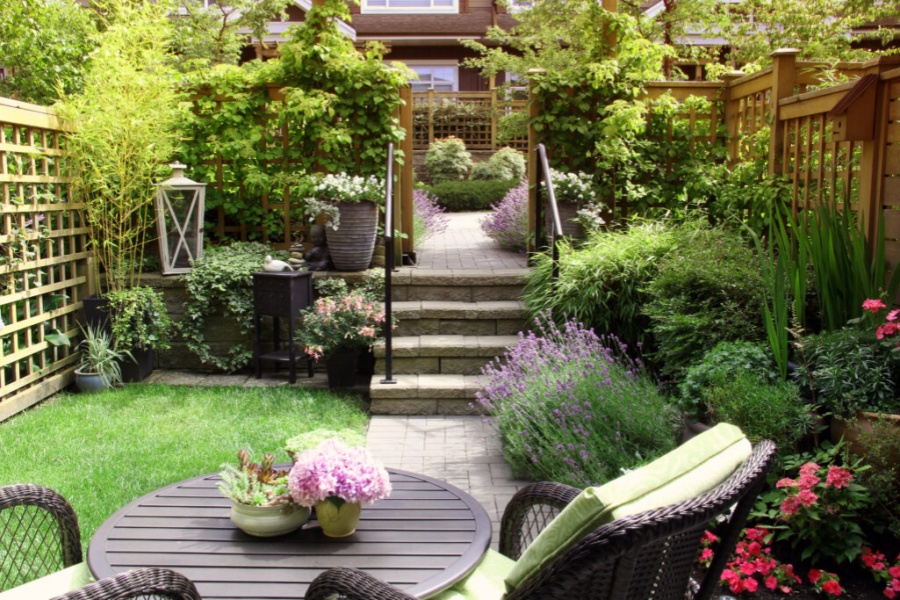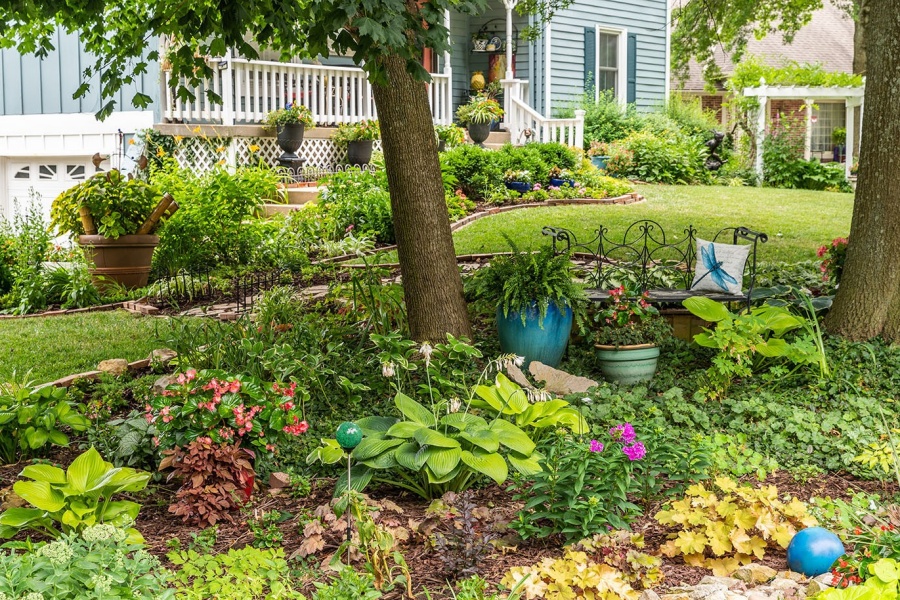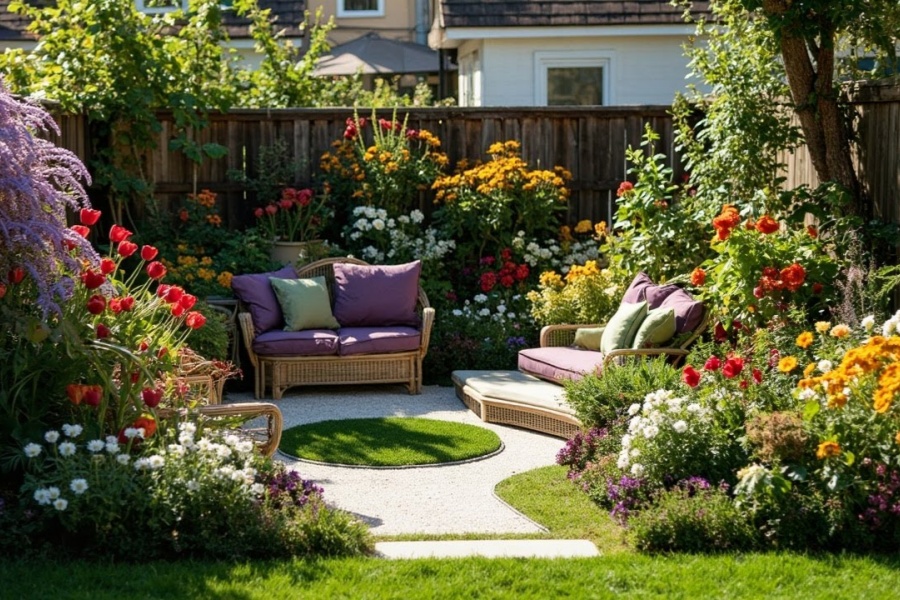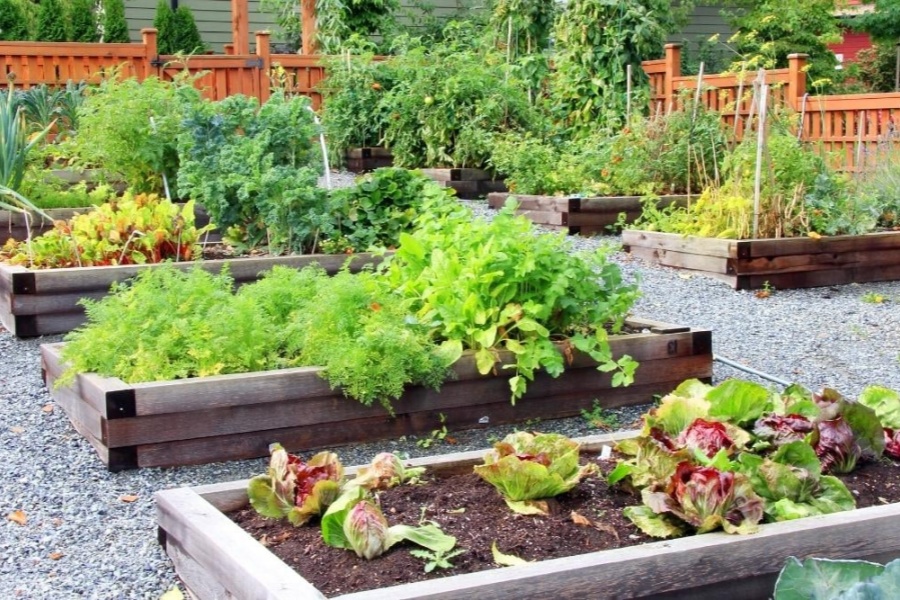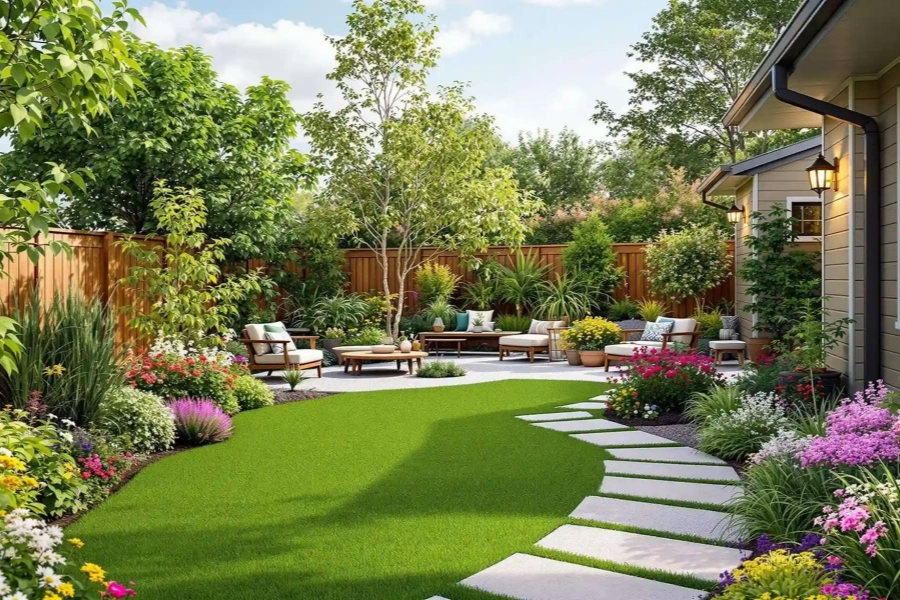One key reason to embrace home gardening is the chance to develop new skills. From understanding soil pH to mastering pruning techniques, gardening teaches practical knowledge that applies to problem-solving and patience. Beginners learn to adapt—adjusting watering schedules when plants wilt, or switching sun exposure if growth lags—building resilience and resourcefulness. These skills often spill over into other areas of life, fostering a mindset of curiosity and experimentation. Over time, even novice gardeners gain confidence, turning a patch of dirt or a few pots into a source of pride and competence.
Home gardening also serves as a catalyst for family connection. Involving children in planting seeds or harvesting vegetables teaches them where food comes from, instilling responsibility and respect for nature.
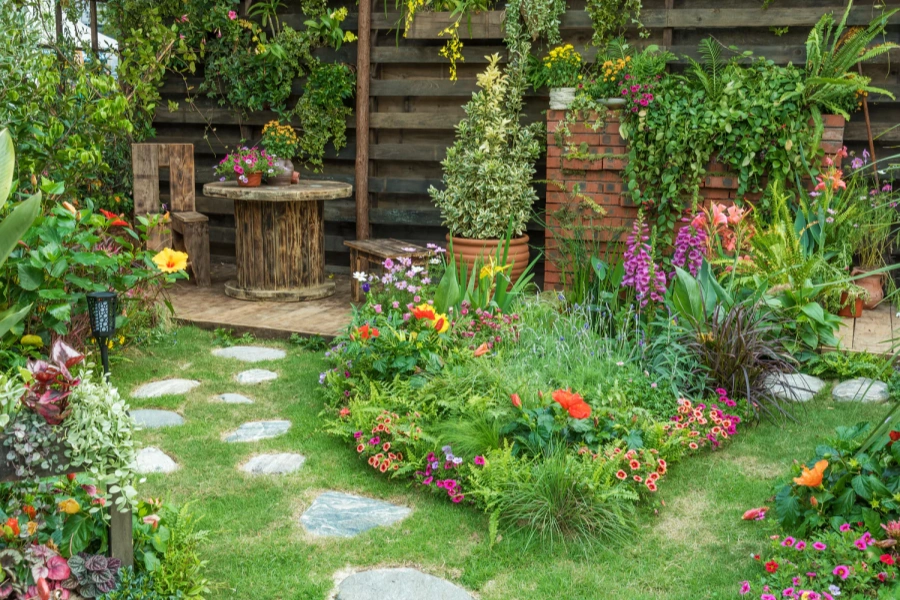
Parents and kids bond over shared tasks—watering together in the morning, or celebrating the first ripe strawberry—creating memories that outlast the growing season.
For families with busy schedules, the garden becomes a neutral space for conversation, free from screens and distractions, where everyone contributes to a common goal. It’s a simple way to strengthen relationships through teamwork and shared joy in small victories.
Beyond personal connections, home gardens enhance the beauty of living spaces. A window box filled with petunias adds color to a drab balcony, while a backyard bed of roses transforms an ordinary yard into a fragrant retreat. Even small touches—herbs in mismatched pots on a kitchen counter, or succulents on a bookshelf—bring life and warmth to indoor spaces.
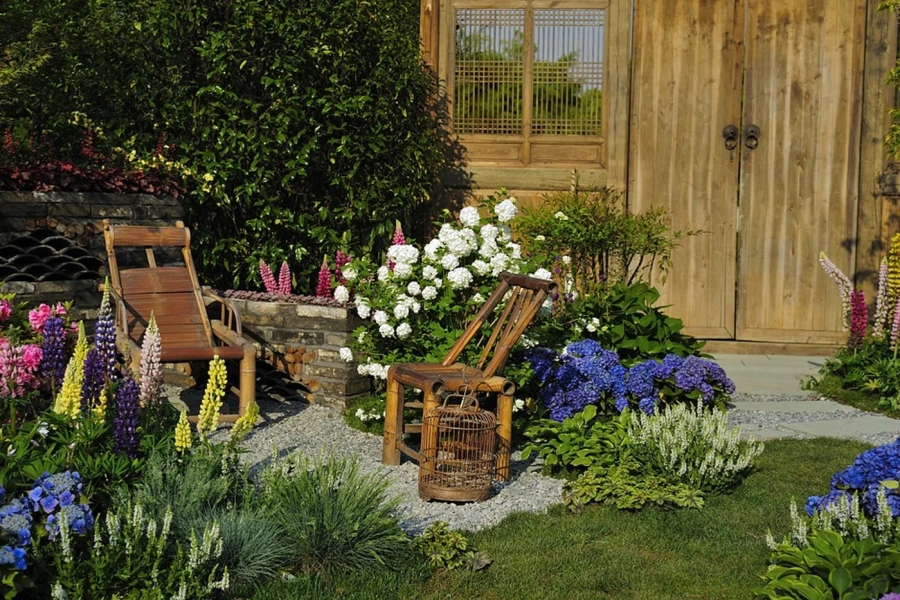
Gardens allow homeowners to express creativity, choosing plants that reflect their style, whether a wildflower patch for a bohemian vibe or neatly trimmed hedges for a classic look. This personalization makes a house feel more like a home, turning functional spaces into places of beauty.
Home gardening also encourages sustainable living habits. Collecting rainwater for irrigation reduces reliance on tap water, while reusing kitchen scraps as compost cuts down on waste. Growing plants that are native to the area requires less water and fertilizer, supporting local ecosystems. These small, daily actions build awareness of environmental impact, inspiring broader changes like reducing plastic use or supporting local farmers. Over time, gardening becomes part of a lifestyle that prioritizes care for the planet, one seed at a time.
In every corner of a home, gardening thrives as a source of growth—for plants, skills, relationships, and values. It turns ordinary moments into opportunities for learning, connection, and creativity, making it far more than a hobby.

